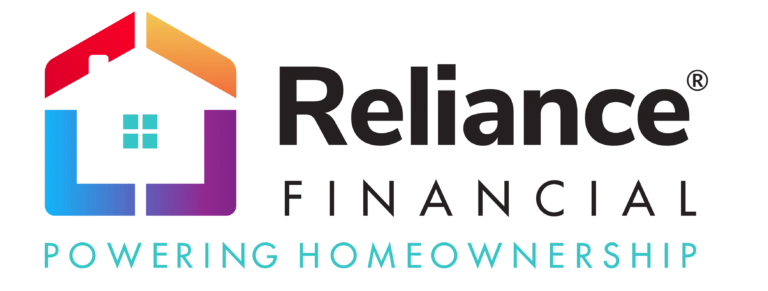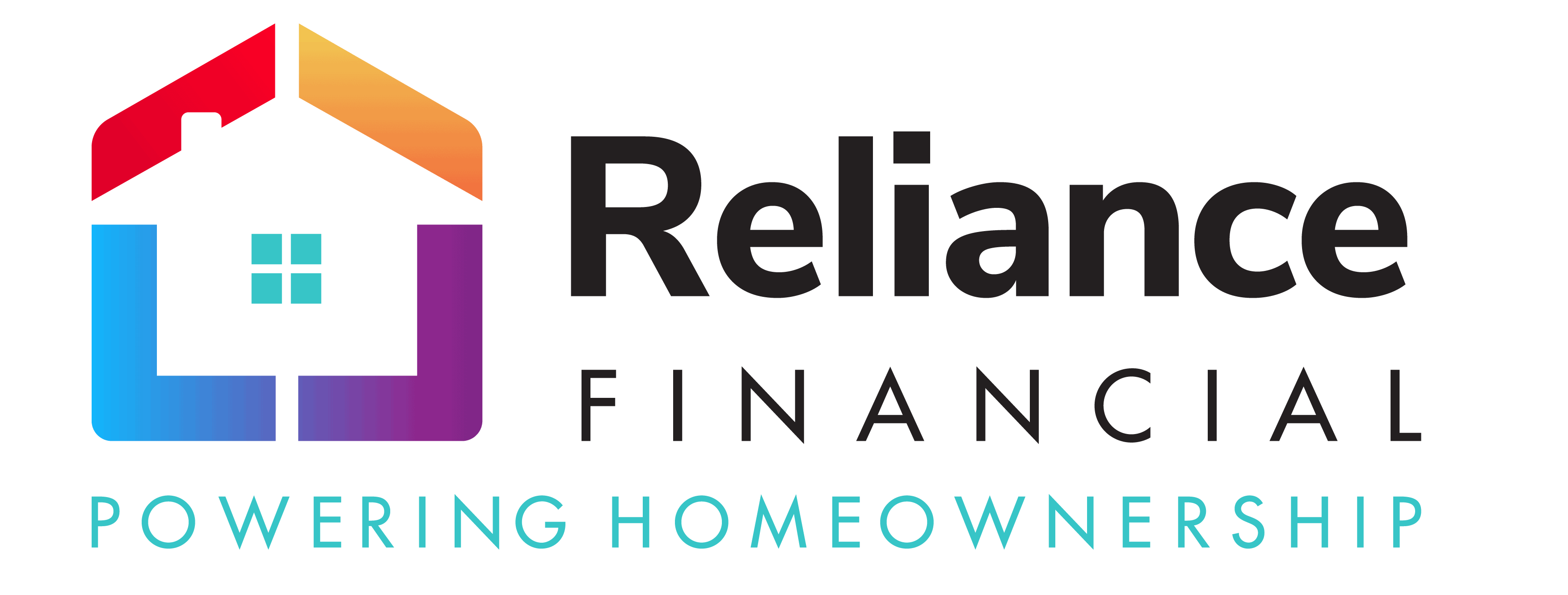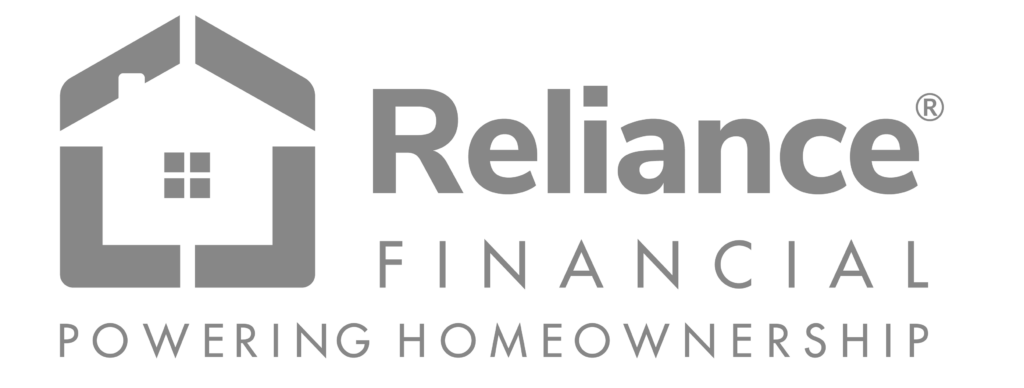For most people, buying a home is the largest investment they will make in their lifetime. The type of mortgage you choose will significantly impact your interest rate, loan terms, eligibility restrictions, and, ultimately, the type of property you can buy.
As prospective first-time homebuyers often weigh their options, a common comparison arises – FHA vs. conventional mortgages. In this article, we’ll explore the key pros and cons of each and provide you with a clearer understanding of how they differ, ensuring you have the right information to make the best home loan decision.
How Does FHA Work?
The Federal Housing Administration (FHA) plays a vital role in the mortgage market by insuring loans issued under its guidelines. This insurance allows lenders to offer mortgages with less stringent qualification requirements compared to conventional loans. As a result, homebuyers, especially first-timers, find it easier to secure mortgage approval.
Key features of FHA loans include:
Low Down Payment Requirement
Credit scores as low as 580 or even lower are accepted under FHA guidelines.
Loan Amount Limits
Loan amount limits are based on the property’s location
Lending Guidelines
Additional requirements designed to support low-to-moderate-income buyers
Upfront and annual Mortgage Insurance Premiums (MIP)
To mitigate the risk of lending with low down payments and more lenient credit standards, FHA borrowers are required to pay an upfront mortgage insurance premium (MIP). This can be paid upfront or added to the loan. Additionally, there are ongoing annual MIP payments.
Government-Backed
FHA loans have the backing of the U.S. government which makes them less risky to originate.
Primary Residence Requirement
FHA loans are intended for the purchase of a primary residence, which means they are not designed for vacation homes or investment properties.
Major Pros and Cons of FHA Mortgages
Pros:
Low Down Payment
With an FHA loan, you can purchase a home with as little as a 3.5 percent down payment.
Minimal Closing Expenses
FHA loans often come with lower closing costs.
Flexible Credit Requirements
FHA loans typically have less stringent credit score prerequisites compared to conventional mortgages.
Debt-to-Income Ratio Flexibility
FHA loans may accommodate borrowers with a higher debt-to-income ratio than conventional mortgages. For Example, FHA loans allow DTI ratios up to 55%. Conventional lenders allow a maximum of 50% DTI ratio.
Cons:
Upfront Mortgage Insurance Premium
FHA borrowers are required to pay a 2.25% upfront mortgage insurance premium (MIP). This can be paid in full or added to the loan amount.
Maximum Home Price Limits
FHA sets maximum eligible home prices, which may restrict your options in high-cost areas.
Higher Interest Rates
Due to more relaxed borrower eligibility standards, interest rates for FHA loans can be higher compared to conventional loans.
Mortgage Insurance Premium
FHA loans come with ongoing mortgage insurance premiums.
Understand FHA Mortgage Payments
It’s essential to utilize an FHA loan calculator to estimate your monthly payments accurately.
How Does Conventional Mortgages Work?
Conventional mortgages are widely used financial products for purchasing homes. These loans typically require a down payment and are structured as amortized mortgages, meaning they are repaid through regular installments over time. Banks, credit unions, and savings and loan institutions usually hold conventional loans. Homebuyers can also work with mortgage brokers who structure loans and secure funding from various lending institutions.
Conventional mortgages commonly require a 20% down payment and come with a 30-year loan term for the balance. However, conventional mortgages offer down payment requirements as low as 3%. While a 20% down payment provides equity and often leads to lower interest rates and better terms, buyers who invest less than 20% need to pay for private mortgage insurance (PMI). Unlike FHA loans, the government does not back conventional mortgages, so lenders often impose stricter eligibility standards to safeguard their investments.
Major Pros and Cons of Conventional Mortgages
Pros:
Less Documentation
Conventional loans often require less paperwork than FHA loans.
Separate Taxes and Insurance
Conventional loan borrowers can pay property taxes and insurance separately.
Flexibility in Loan Terms
Conventional mortgages offer more adaptability in terms. For example, you can get a loan term for any number of years between 8 and 30 to allow for faster pay-down of the mortgage.
No PMI with 20% Down
With a down payment of 20% or more, there’s no requirement for private mortgage insurance.
No Upfront Mortgage Insurance Premium
Unlike FHA loans that require an upfront MIP, conventional loans do not have an MIP.
Cons:
Larger Down Payments
While not always the case, conventional loans may require larger down payments compared to FHA loans.
Higher Minimum Credit Scores
Conventional loans require higher credit scores than FHA loans. The minimum credit score required for a conventional loan is 620.
Insurance Required
If the down payment is less than 20%, PMI is often mandated.
Non-Government Backing
Conventional loans are not government-backed, resulting in stricter eligibility standards for lenders.
FHA Loan vs. Conventional Loan
Both FHA and conventional loans are viable options for property financing. Here’s a concise comparison to keep in mind when selecting a mortgage for your future home:
| Feature | FHA Loans | Conventional Loans |
| Eligibility with Low Credit Score | Yes (Credit Scores as low as 580 are acceptable. Lower scores are approvable as exceptions) | Not as lenient as FHA (Credit Scores of at least 620 are to be eligible for a conventional loan) |
| Lending Standards | More lenient | Stricter |
| Minimum Down Payment | 3.5% or more | 3% to 20% |
| Government Backing | Yes | No |
| Mortgage Insurance | Required, including an upfront and ongoing annual mortgage insurance premium (MIP) | Only an ongoing annual private mortgage insurance (PMI) premium is required if the down payment is less than 20% |
| Suitable Property Types | Typically used for primary home financing | Suitable for primary residences, vacation homes, rental properties, and more |
Conclusion
The choice between an FHA mortgage and a conventional mortgage is a significant decision when purchasing a home. At Reliance Financial, we believe that this choice should be based on your unique financial circumstances, credit history, and homeownership goals. While FHA loans offer lower down payments and more forgiving credit standards, they come with higher mortgage insurance premiums. Be sure to consult a mortgage expert or lender to discuss your specific situation before making a final decision on a mortgage type.




